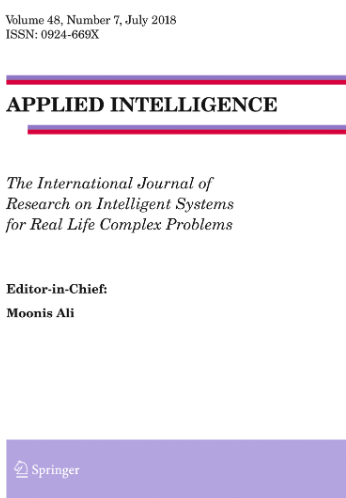Balancing act: engagement detection in online learning through master-assistant models with an enhanced hierarchical attention mechanism
Abstract
The rapid expansion of online learning calls for the establishment of effective approaches to monitor and boost student engagement, which constitutes a key element influencing learning outcomes. The class imbalances within engagement datasets pose substantial challenges to precise detection and classification. Existing methods for detecting student engagement in online learning adopt weighted loss to address the issue of class imbalance in public datasets. However, due to the challenge of selecting appropriate weights and the risk of overfitting, the effectiveness of this approach often relies on extensive experiments for manual adjustments. To tackle this problem, we propose a Master-Assistant model to address the performance degradation caused by class imbalance to ensure effective detection of student engagement. The Assistant model is designed for coarse-grained classification according to different assistant strategies to assist the Master model for fine-grained classification. Furthermore, we extract multiple engagement-related handcrafted features and assigned different weights via an enhanced hierarchical attention mechanism. Finally, an accuracy of 70.69% and an F1-score of 68% are achieved on the Dataset for Affective States in E-Environments (DAiSEE), setting new state-of-the-art (SOTA) scores. Additionally, experiments on three other imbalanced datasets also validate the robustness of the Master-Assistant model in solving the class imbalance problem.

 求助内容:
求助内容: 应助结果提醒方式:
应助结果提醒方式:


